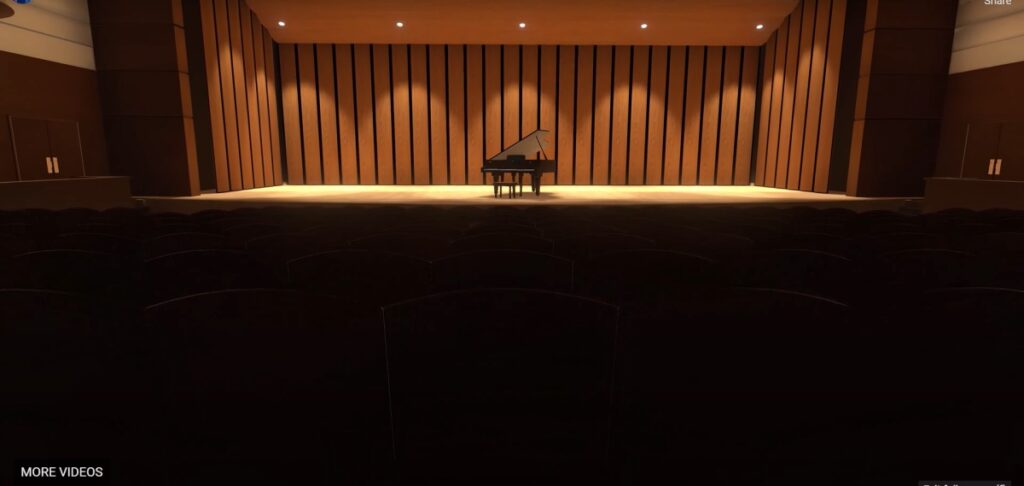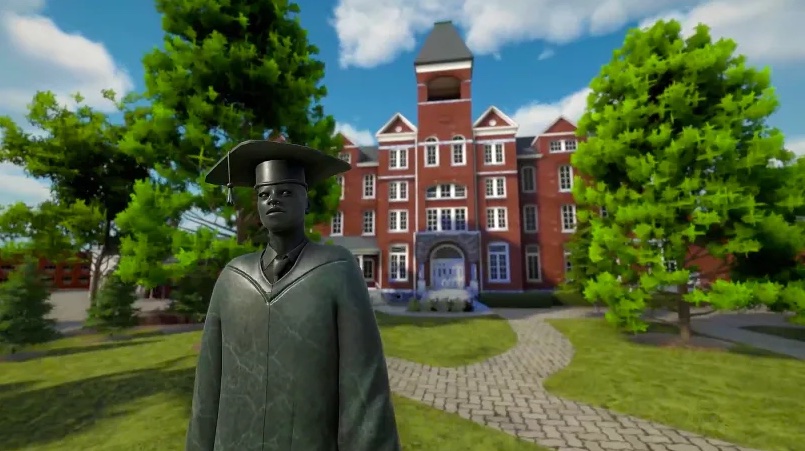The metaverse could be the next frontier for the Christian college and university sector. By building virtual campuses in the metaverse, institutions of higher education can provide their students with a richer and more immersive learning experience. Metaverse campuses can also offer a more flexible and affordable education, as well as the ability to reach a global audience.
What is Metaverse Technology and What Is It Used For?

The metaverse is a virtual world that exists online. It is a 3D environment that can be accessed by anyone with an internet connection. This immersive virtual technology is home to millions of people from all over the world who come together to socialize, play games, and create new content.
Secular colleges and universities are beginning to explore the metaverse as a way to enhance their educational offerings. For example, Stanford University has created a virtual campus in the metaverse that students can visit and explore. The university is also working on developing metaverse courses that will allow students to earn credit for their metaverse experiences. With these developments in the large university realm, Christian colleges are beginning to take notice.
The Benefits of Using Metaverse Technology for a Christian College and University

The benefits of developing a Christian college campus in the metaverse are many. First, metaverse campuses can offer a more immersive and engaging learning experience for students. Second, virtual campuses can be more flexible and affordable than traditional brick-and-mortar campuses. Third, virtual campuses have the potential to reach a global audience.
A Christian Metaverse College and University Can Offer An Engaging Learning Experience

A Christian metaverse campus can offer a more immersive and engaging learning experience for students. Students can explore their course material in a three-dimensional environment. This allows them to better visualize concepts and learn in a more hands-on way. Additionally, virtual campuses provide opportunities for social interaction and collaboration that are not possible in a traditional classroom setting.
A Christian Metaverse College and University Can Be More Flexible and Affordable

A Christian metaverse campus can be more flexible and affordable than traditional brick-and-mortar campuses. In the metaverse, colleges and universities can offer courses that are available on demand. This means that students can access course material at their convenience and at a lower cost. Additionally, virtual campuses do not require the same investment in infrastructure and personnel as traditional campuses.
A Christian Metaverse College and University Can Reach A Global Audience

Metaverse campuses have the potential to reach a global audience. In the metaverse, anyone with an internet connection can access a metaverse campus. This makes it possible for colleges and universities to reach students from all over the world. Additionally, virtual campuses can offer courses in multiple languages, making them accessible to even more students.
Conclusion
The metaverse could be the future of college programs. By building virtual campuses in the metaverse, institutions of higher education can provide their students with a richer and more immersive learning experience. Virtual campuses can also offer a more flexible and affordable education, as well as the ability to reach a global audience.

